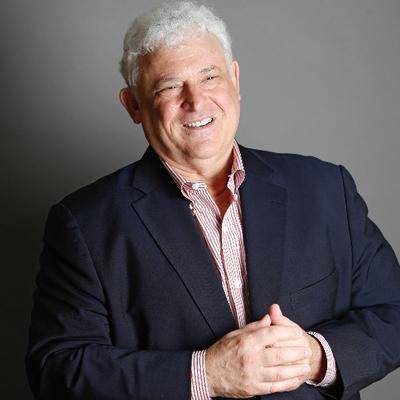Dead Pig Brains Partially Revived, 3D Printing Hearts — Is Medical Research Going Too Far?
Stephen Henderson and guests talk about the ethical concerns surrounding a number of recent medical breakthroughs.


Two huge stories recently in the world of medical research. A team from Tel Aviv University created the first 3D printed heart made from actual human tissue. And a team from Yale temporarily revived some functions in the brains of dead pigs hours after they were killed at a slaughterhouse for their meat.
These experiments could mean big things for the future of medicine. But they also raise serious questions about ethics. Maybe we can do these things, but should we?
How far should we take medical research? And can we stop progress even if we wanted to? Will we soon have organs-on-demand? Is this how the zombie apocalypse starts — the Oinking Dead?
On Detroit Today, Stephen Henderson speaks with a number of people involved with the research or who study the ethical implications of it.
Arthur Caplan is a professor of bioethics and founding head of the Division of Medical Ethics at NYU’s School of Medicine in New York City.
Pat Thayer is chief BioInk officer at Cell Link, a company that designs and develops bioprinting technologies that enable researchers to 3D print organs and tissue.
Dr. Andrea Beckel-Mitchener is the BRAIN Initiative Team Lead at the NIH’s National Institute of Mental Health, which co-funded the Yale research on pig brains.
Click on the audio player above to hear that conversation on Detroit Today.
